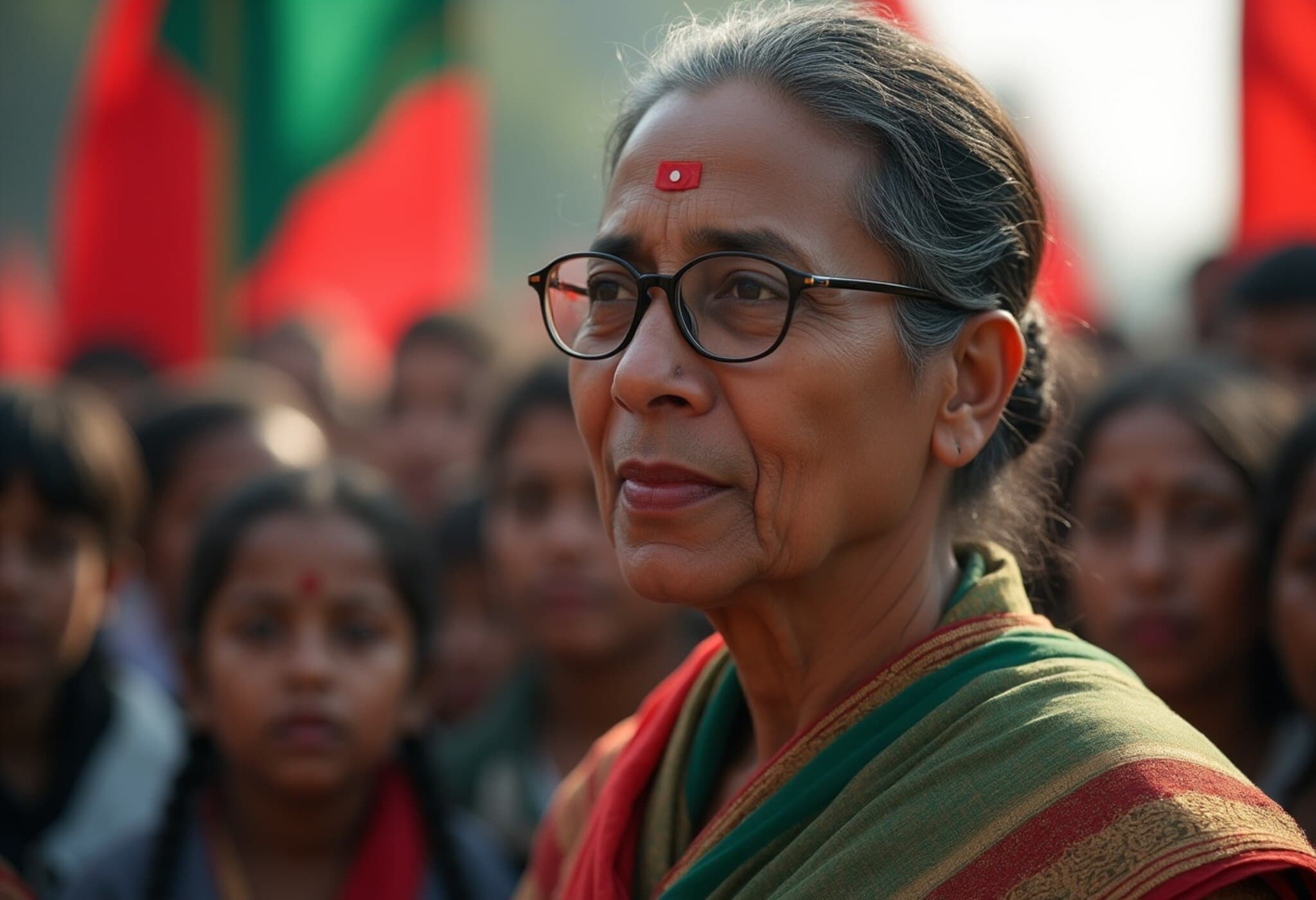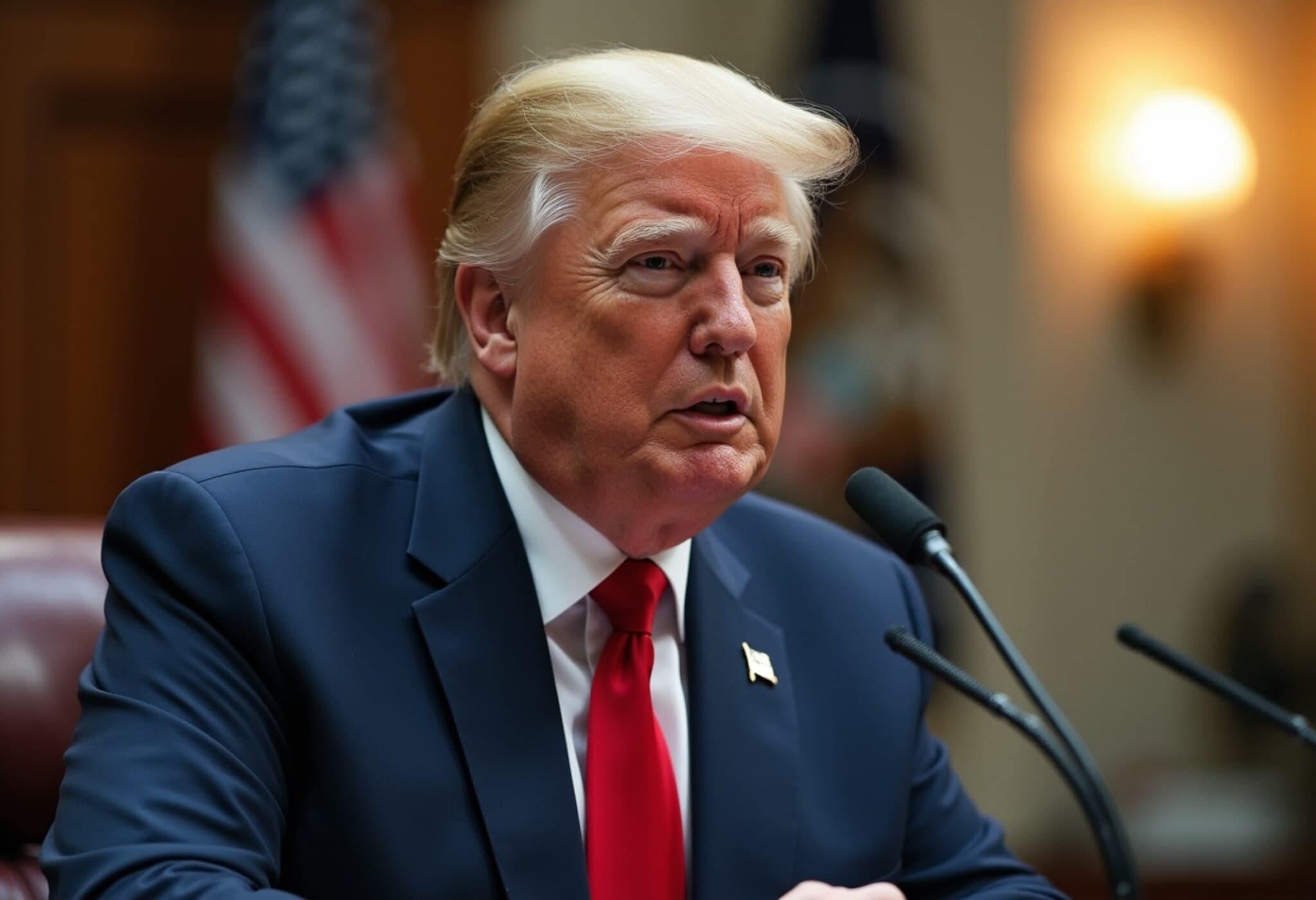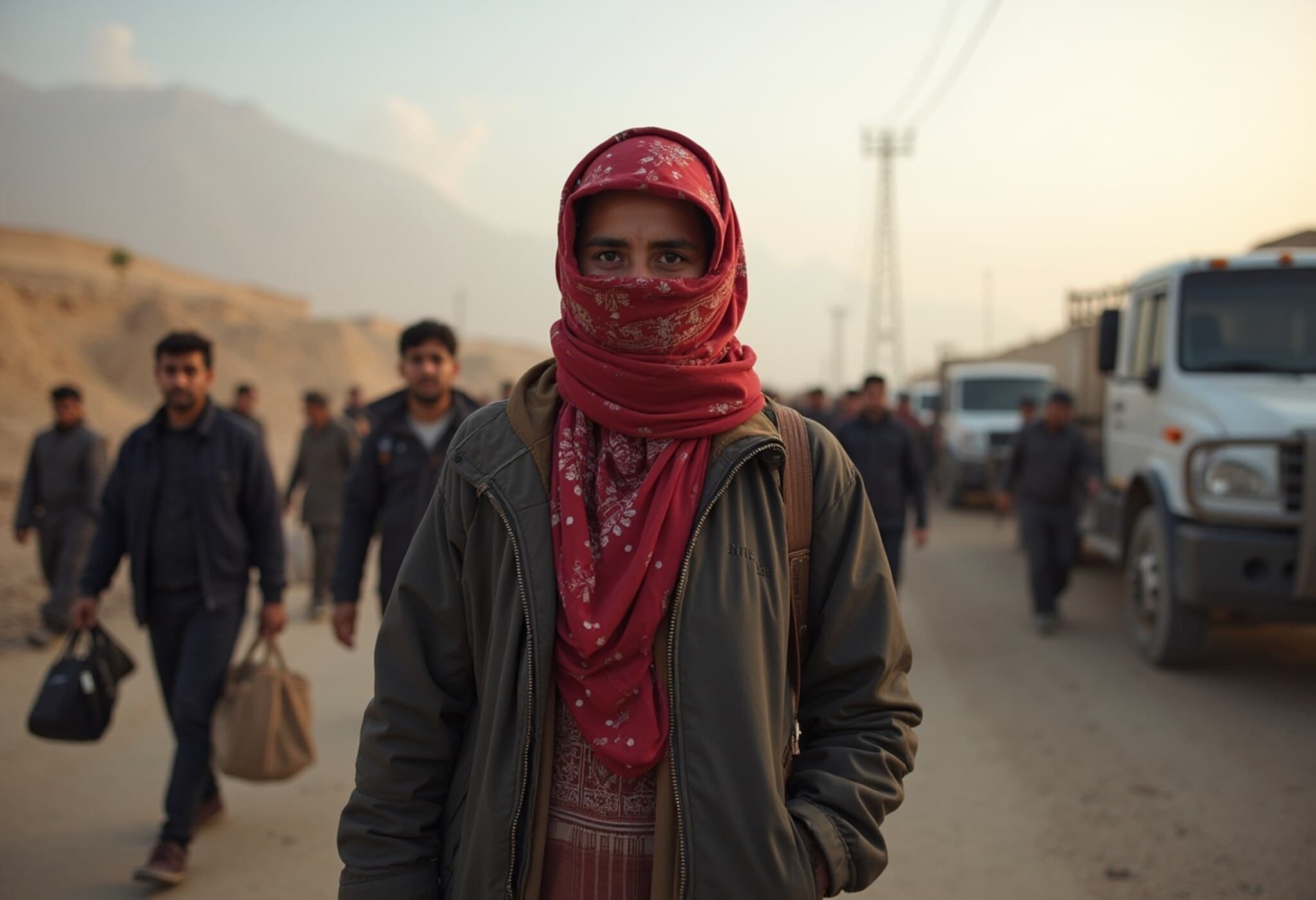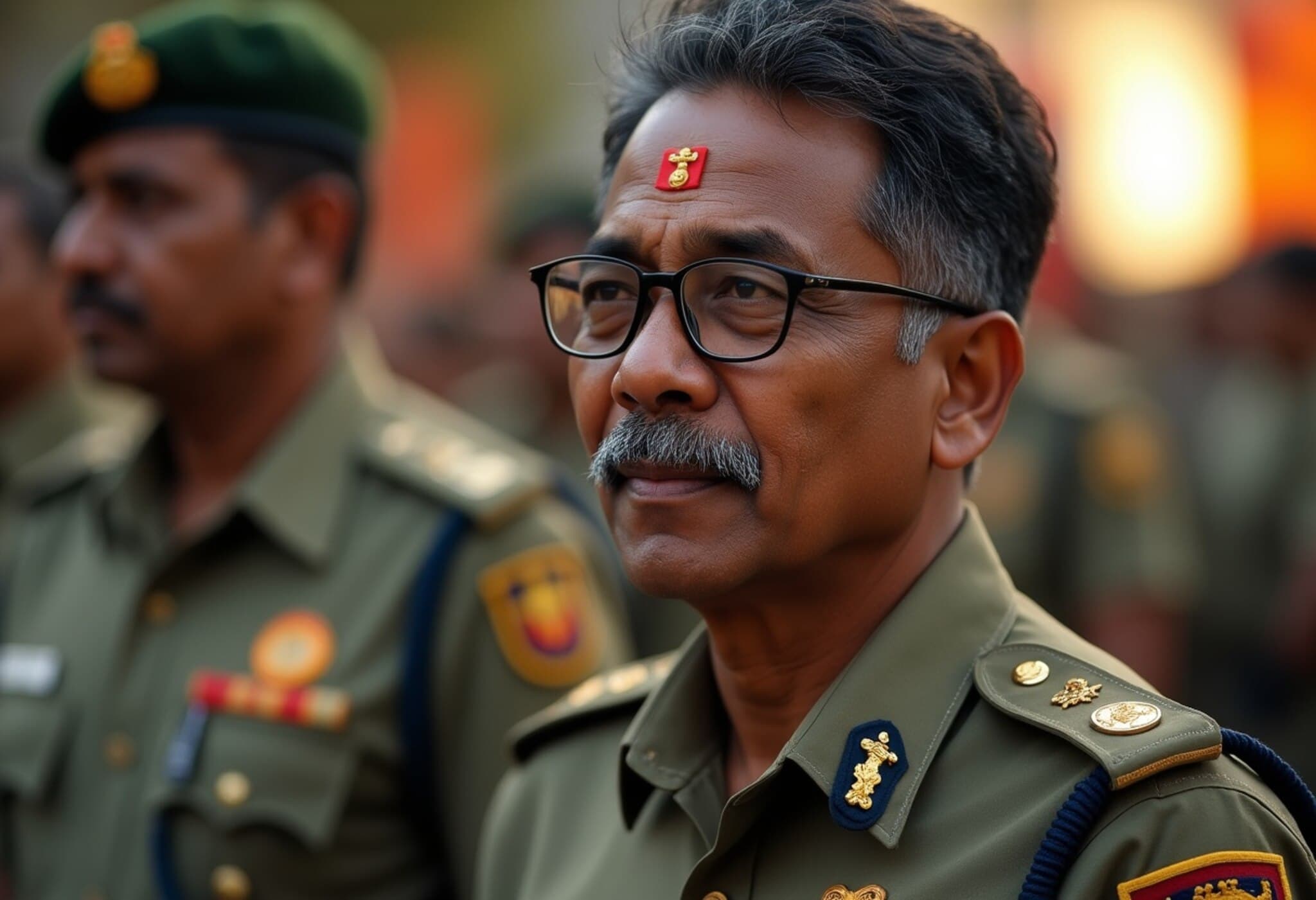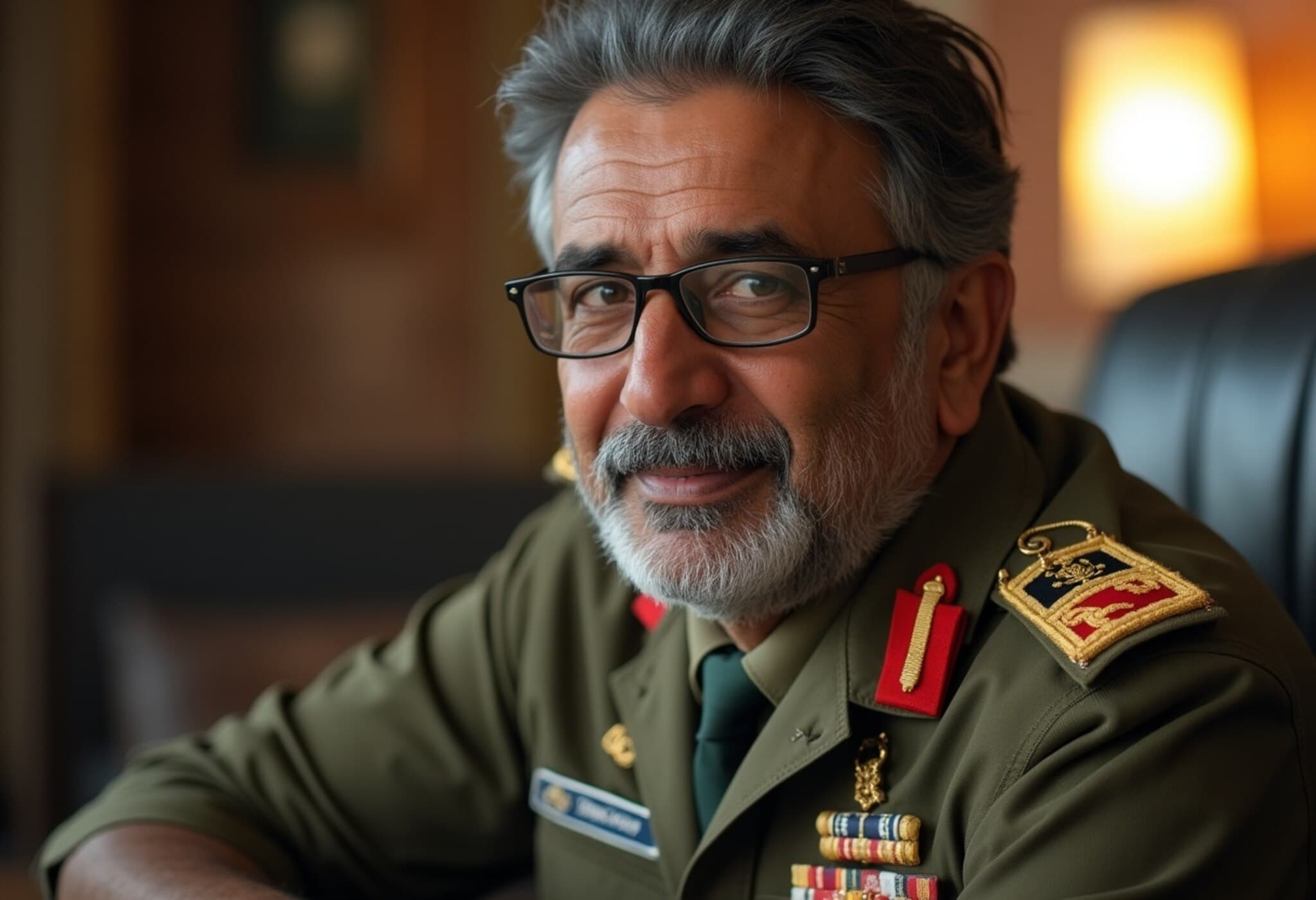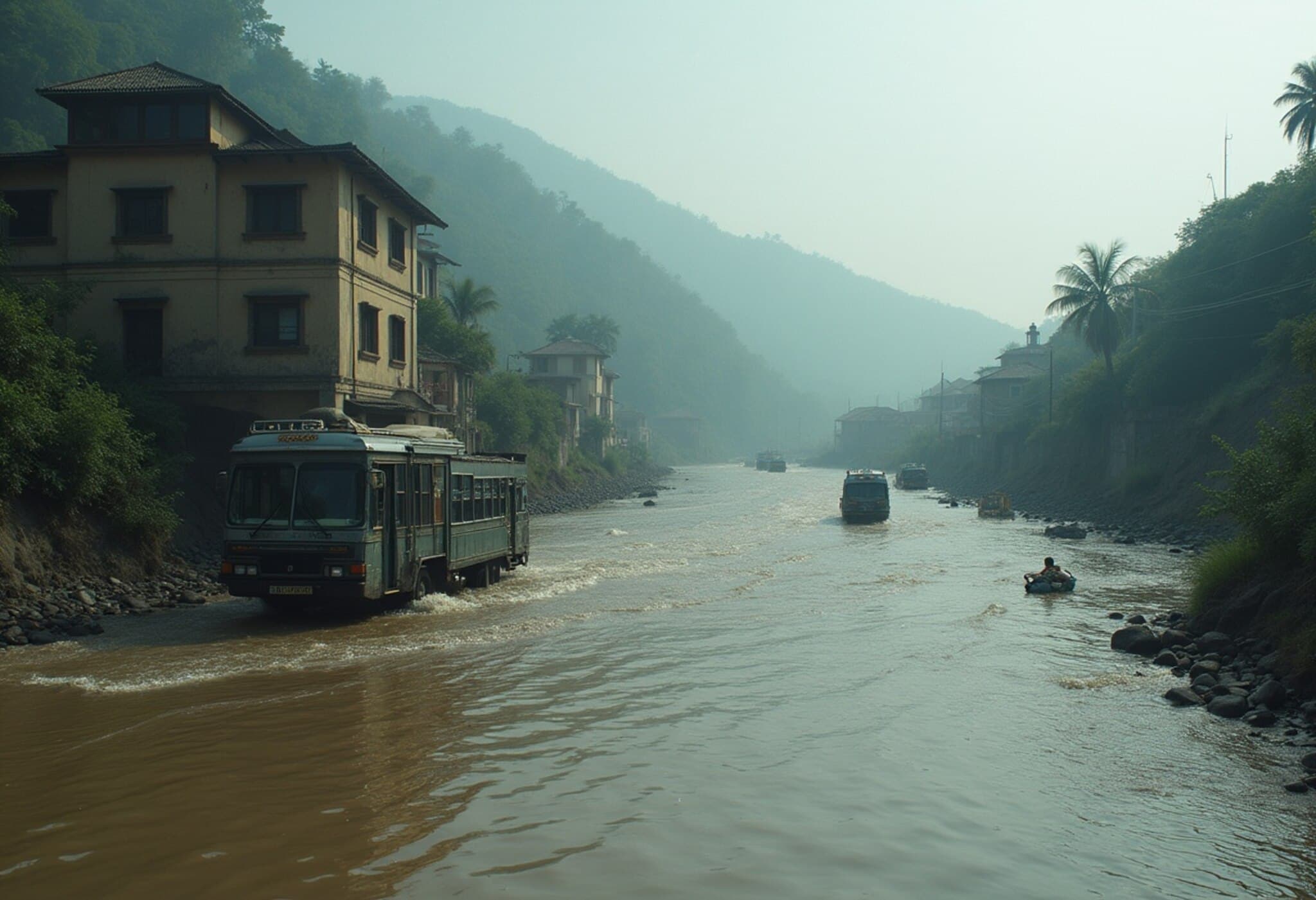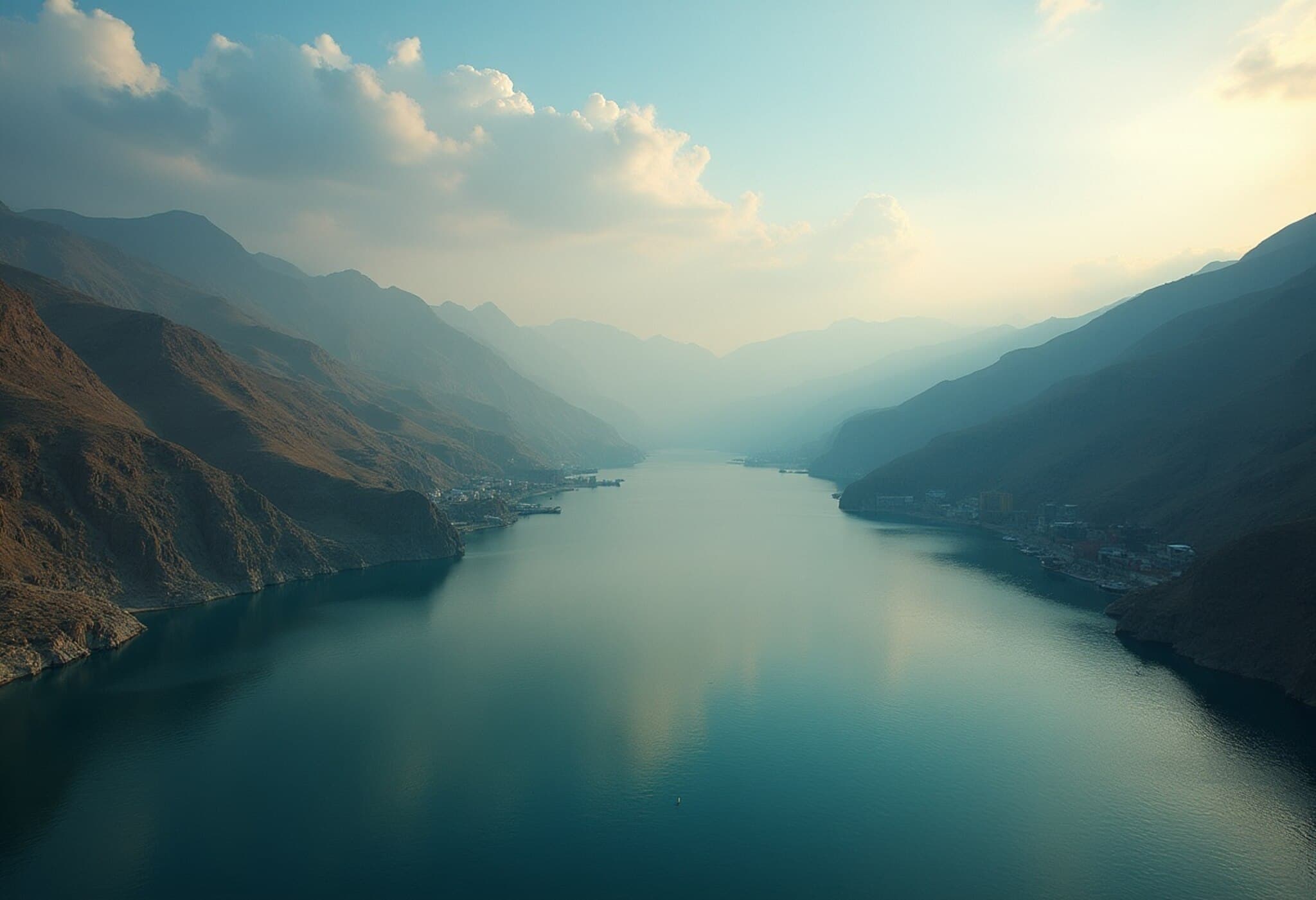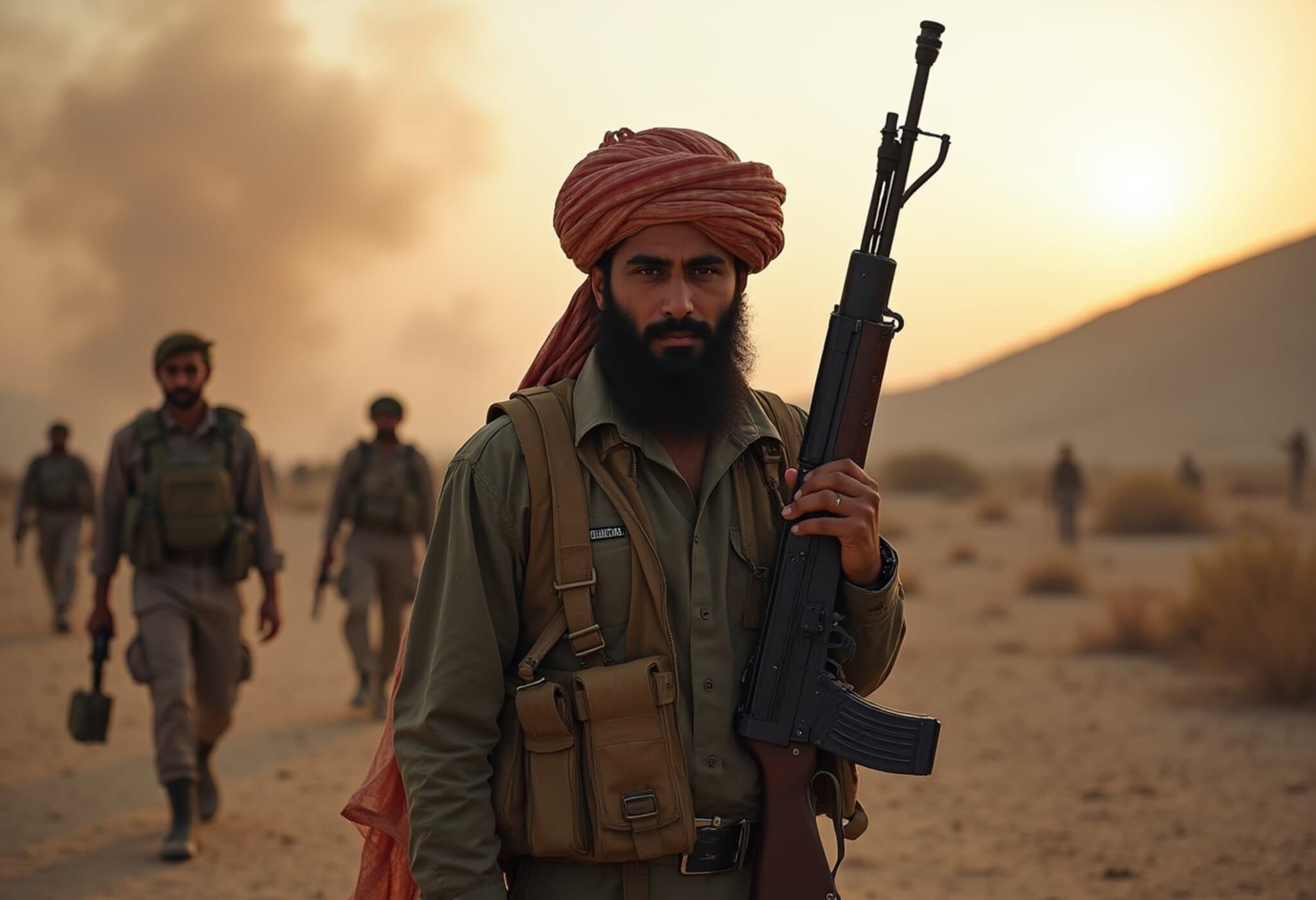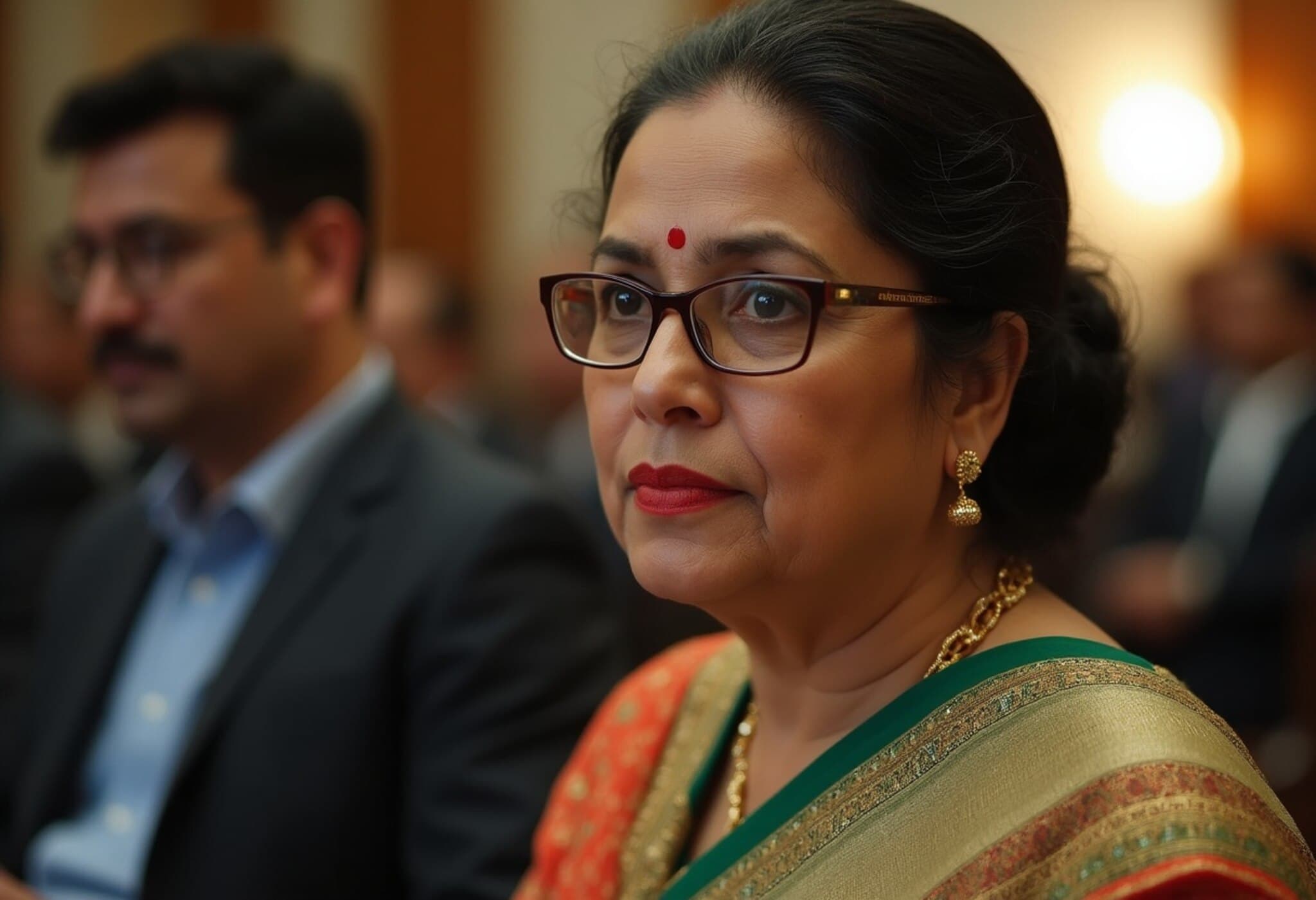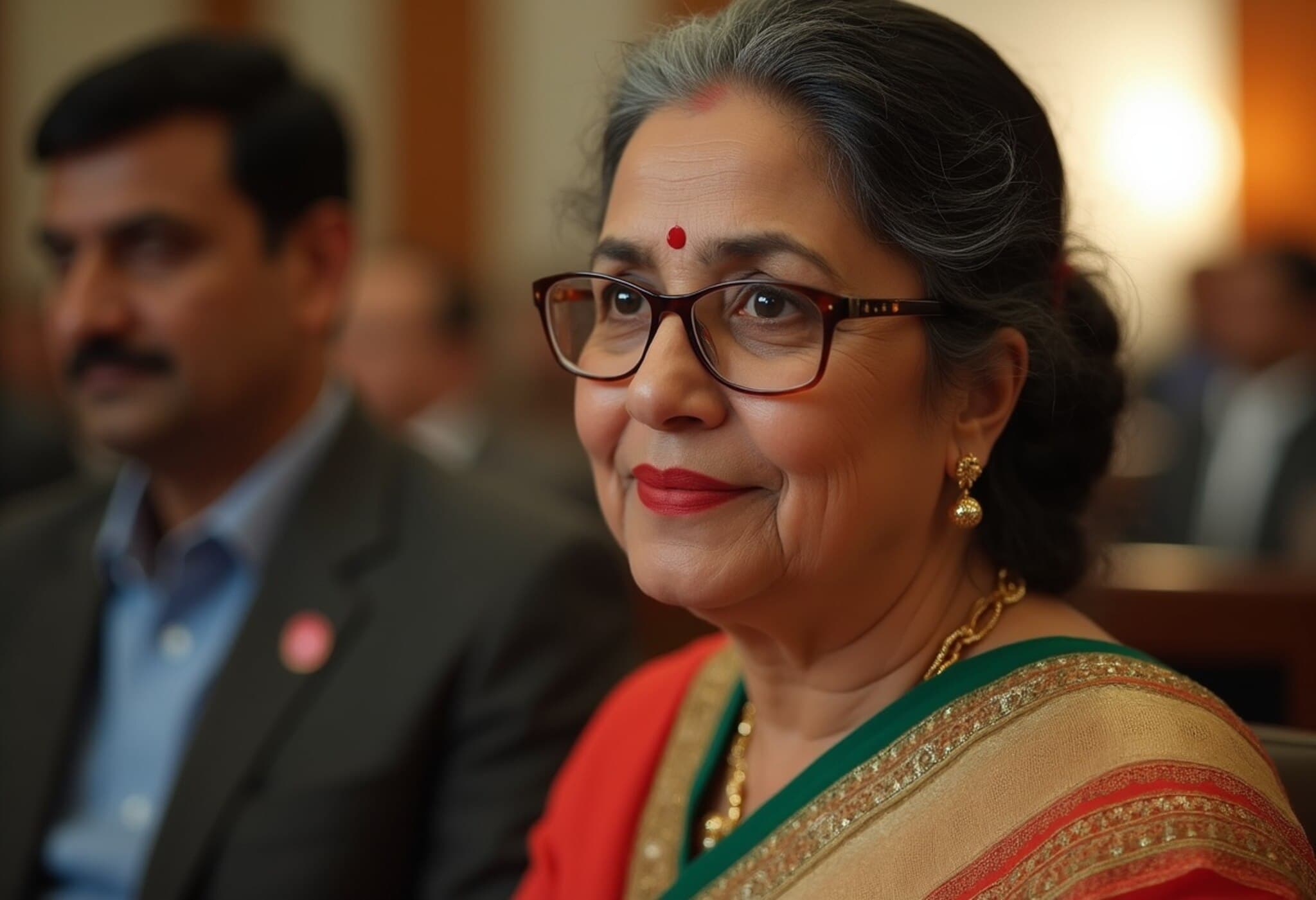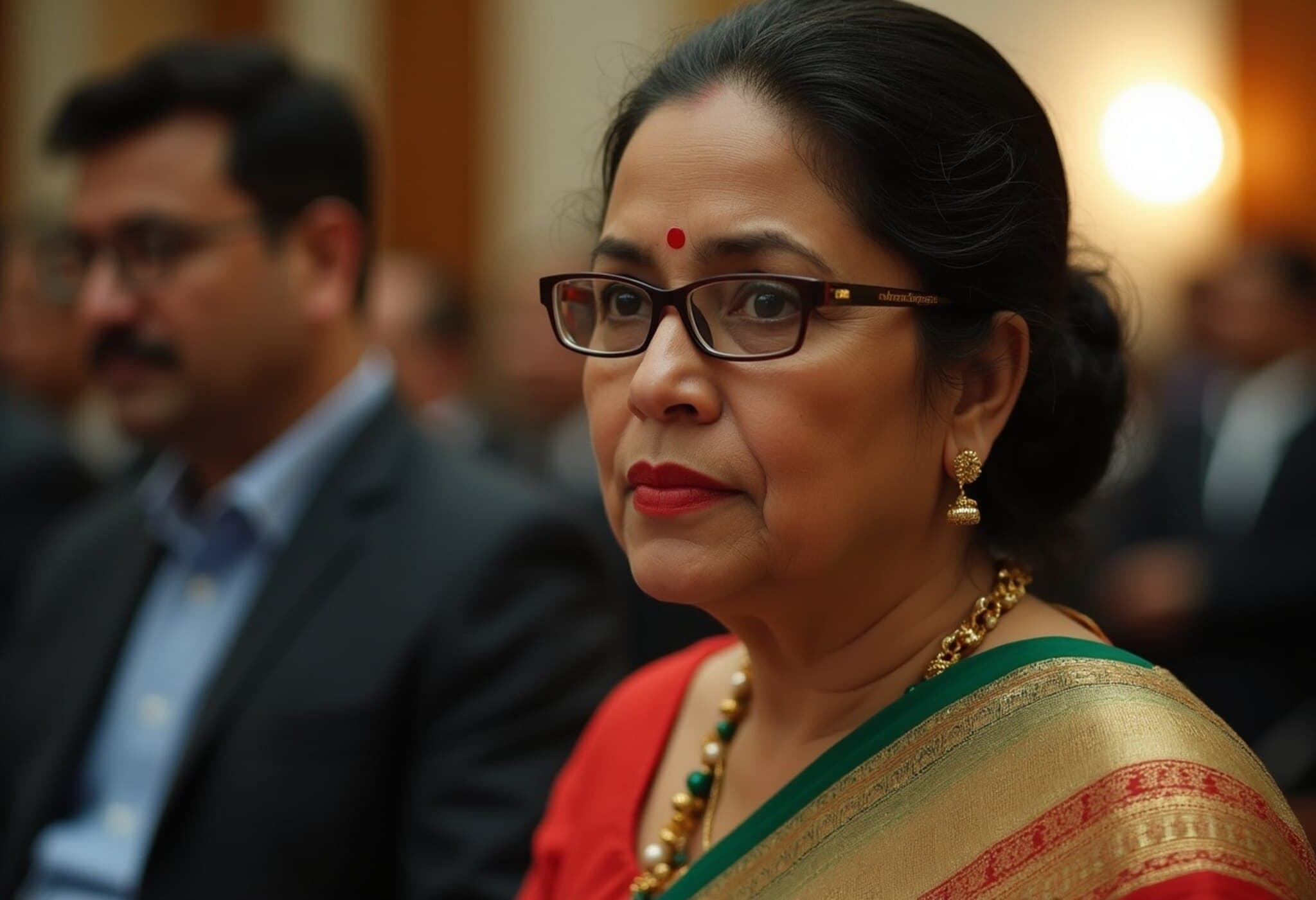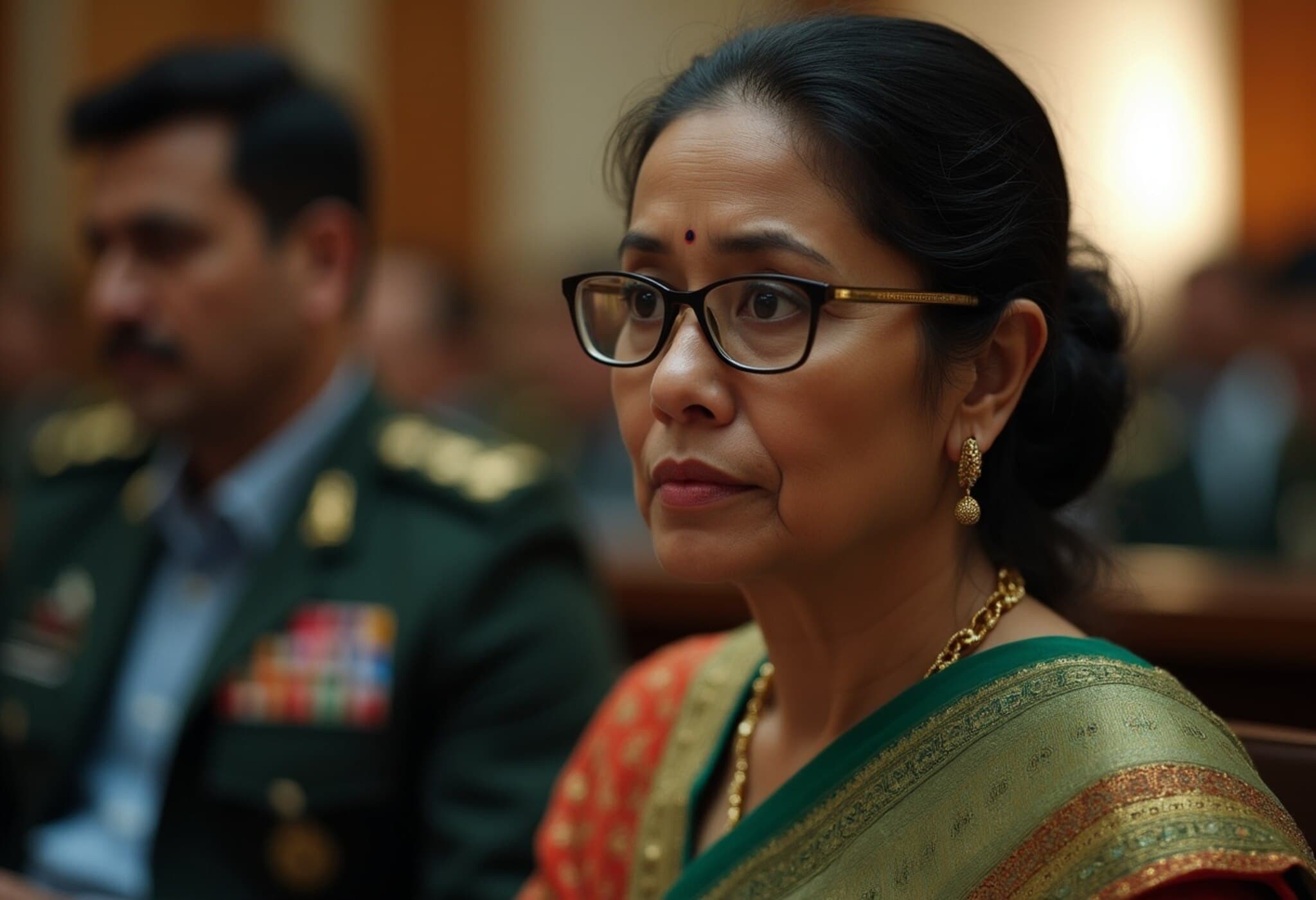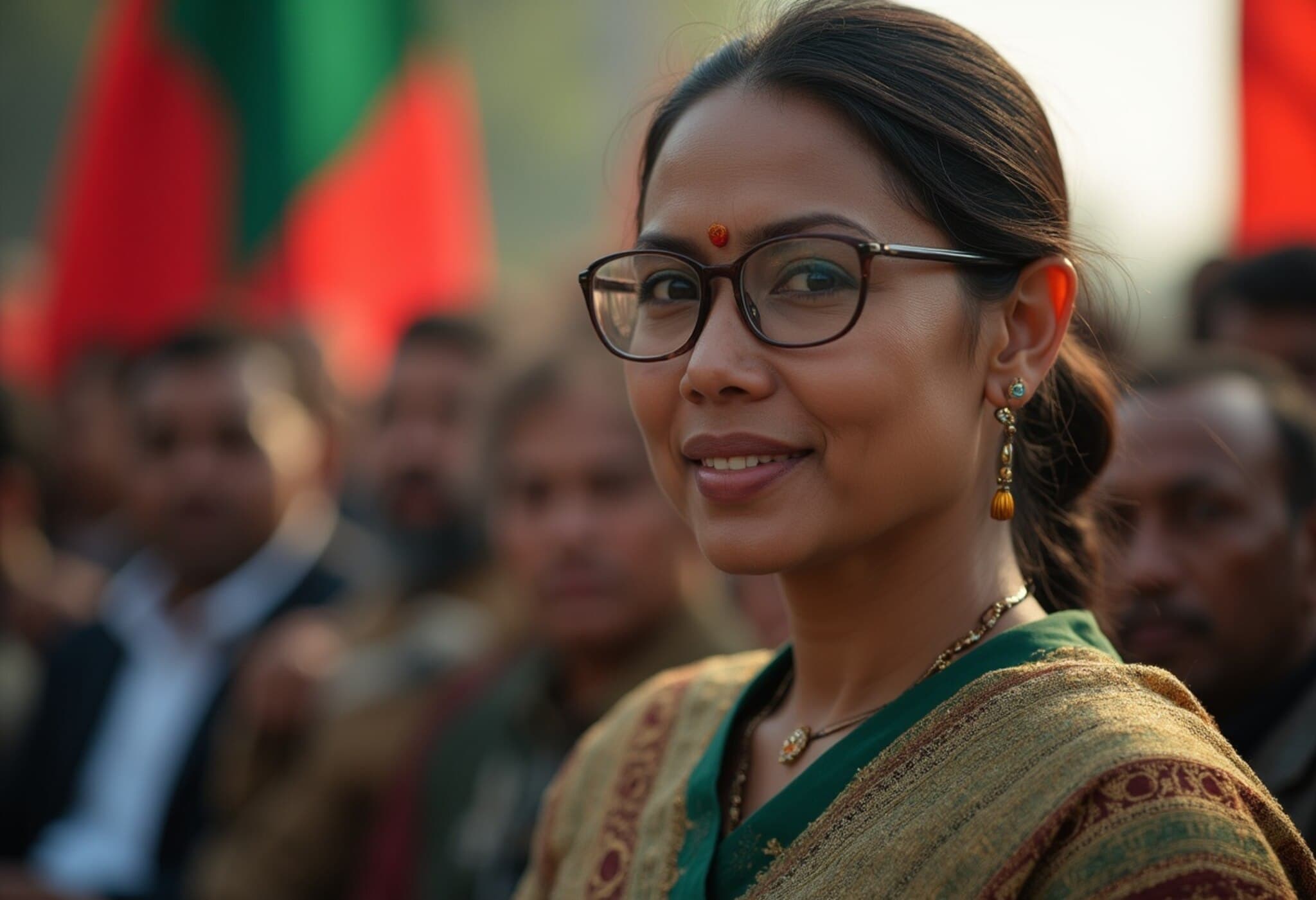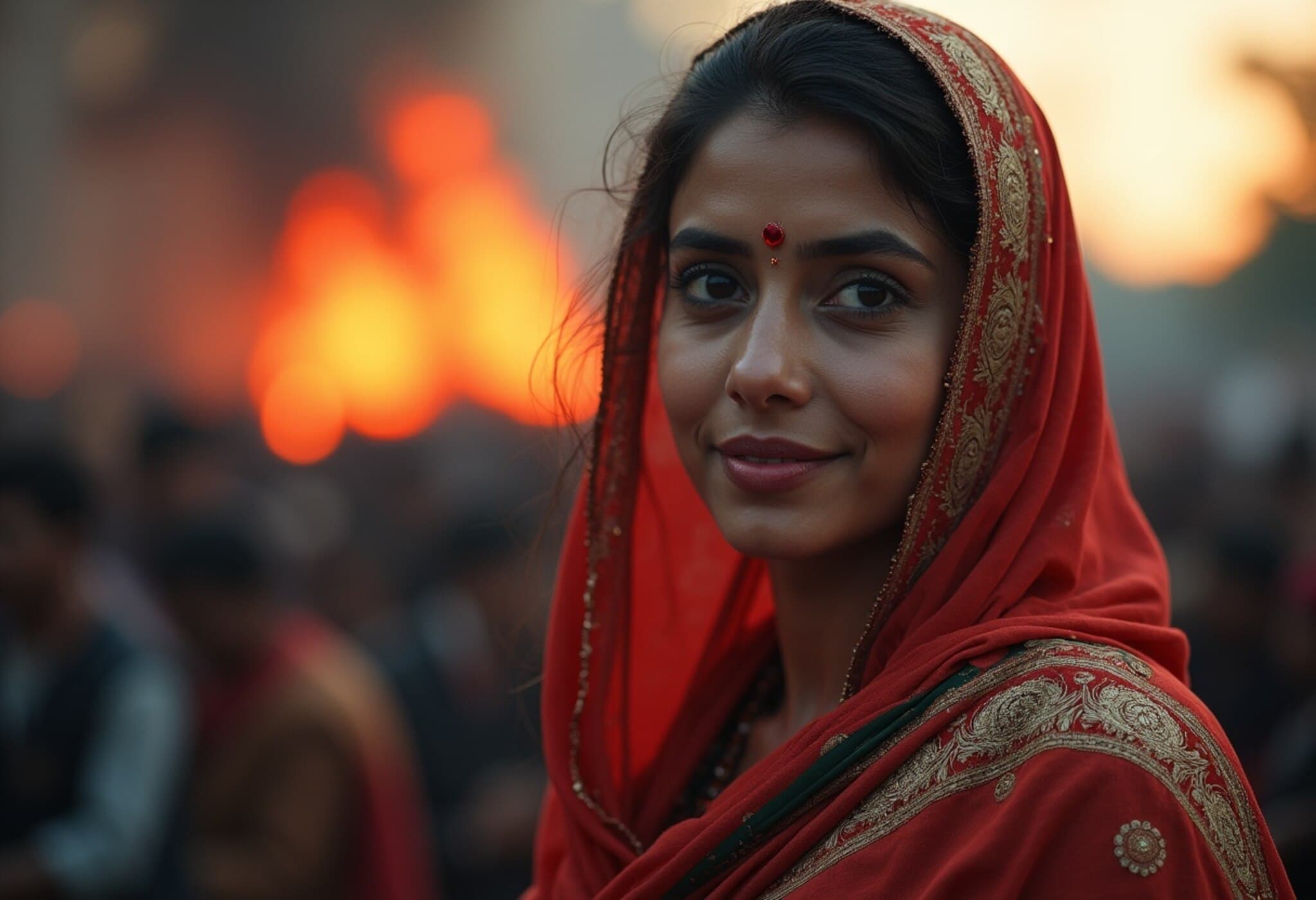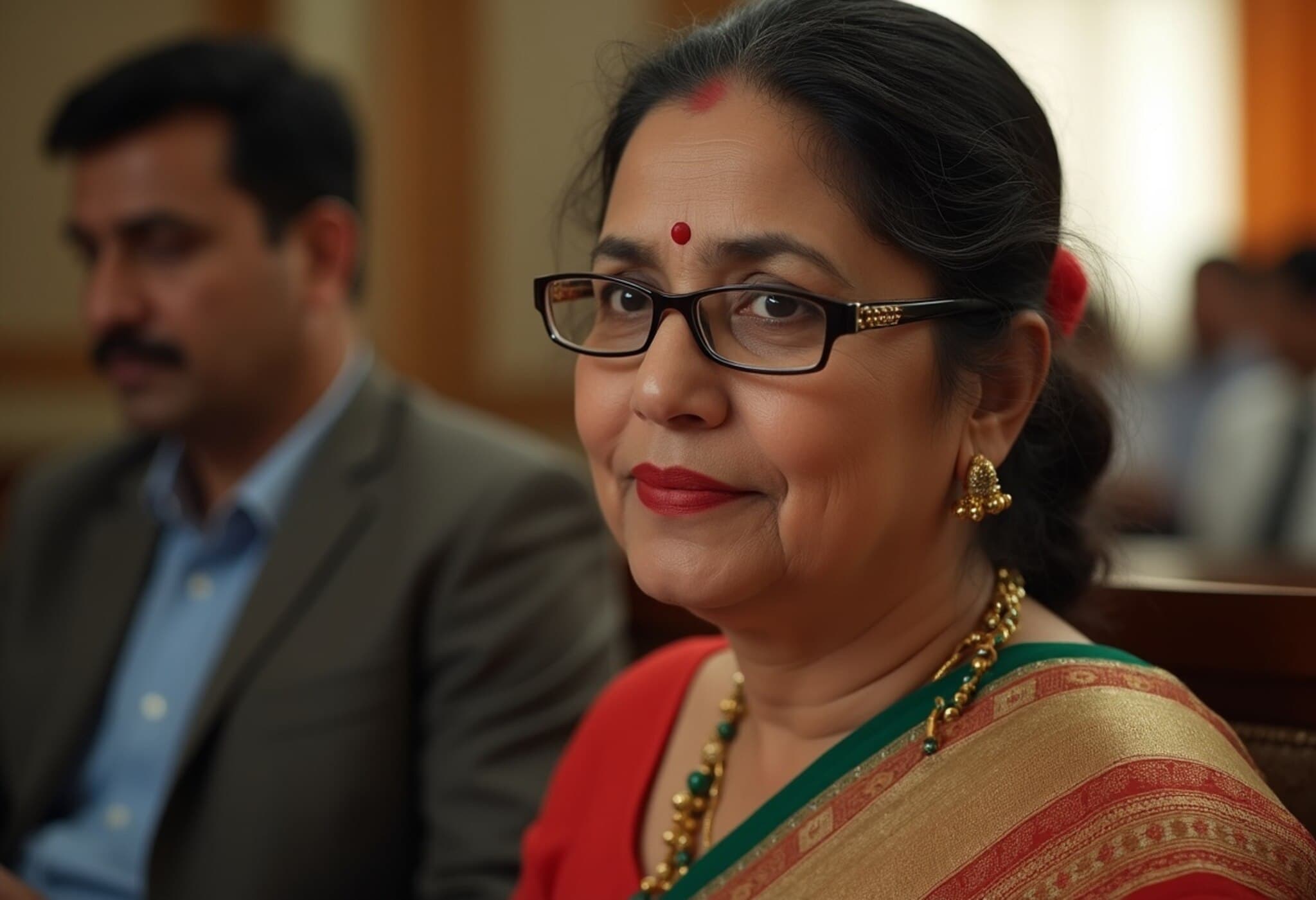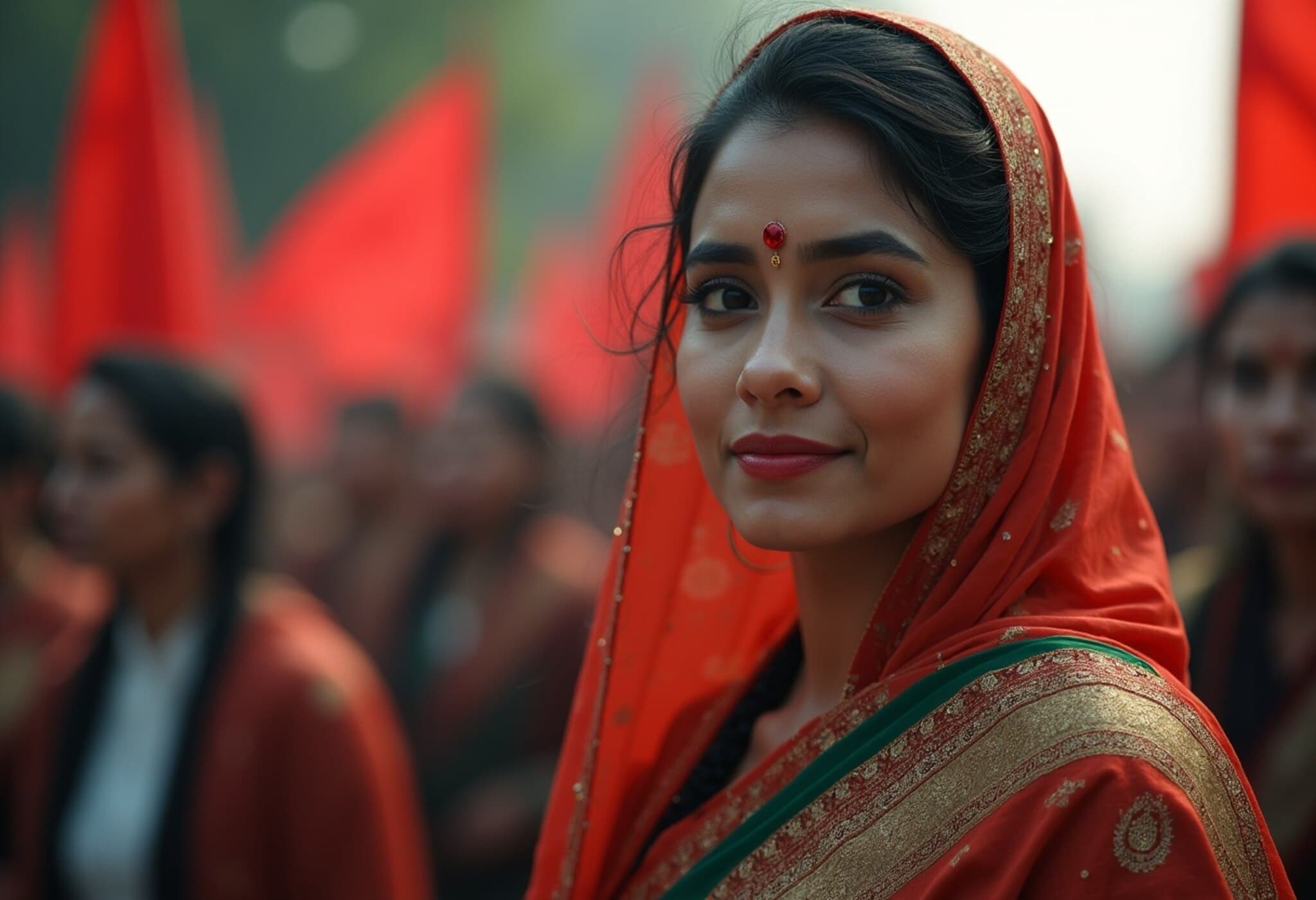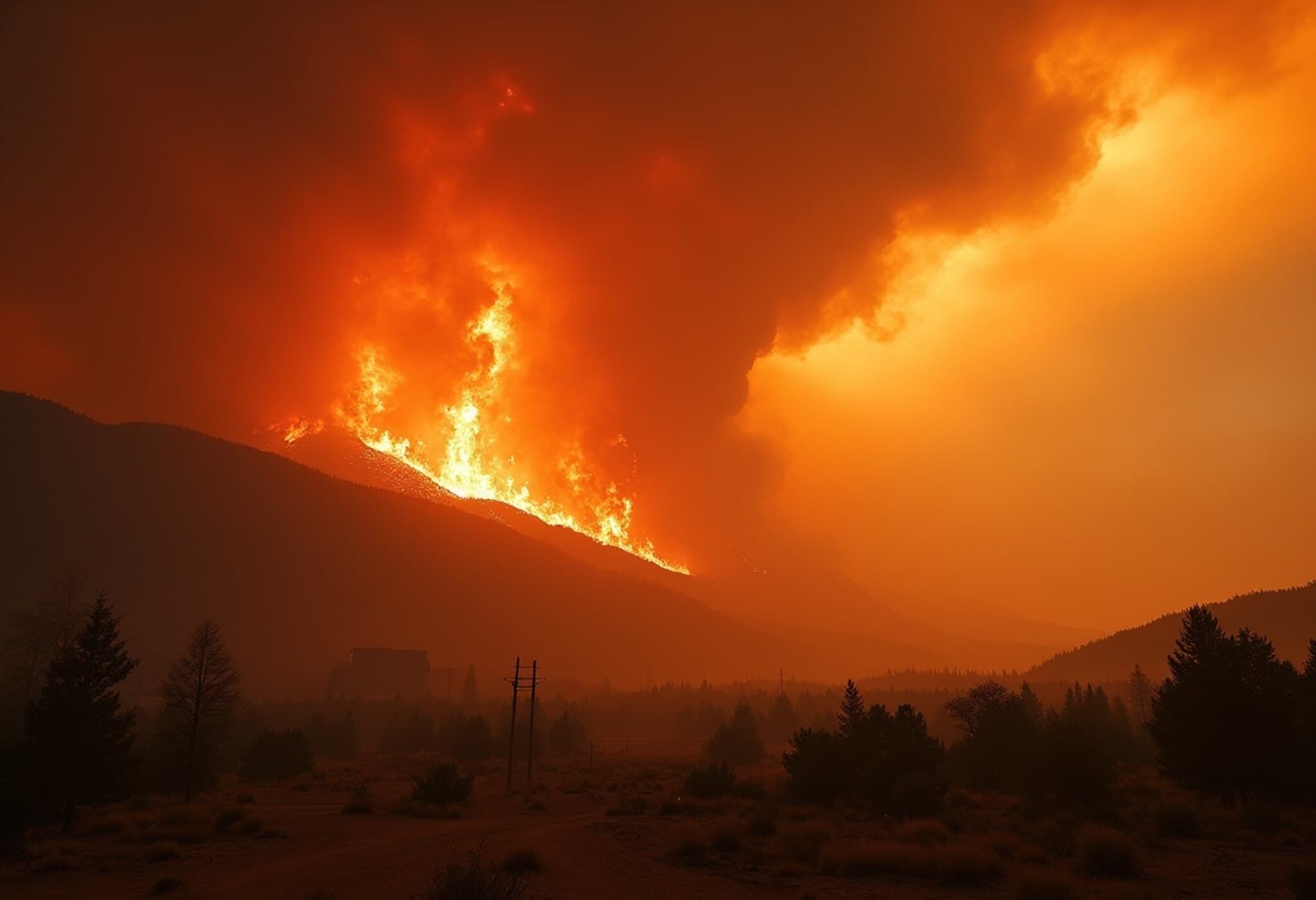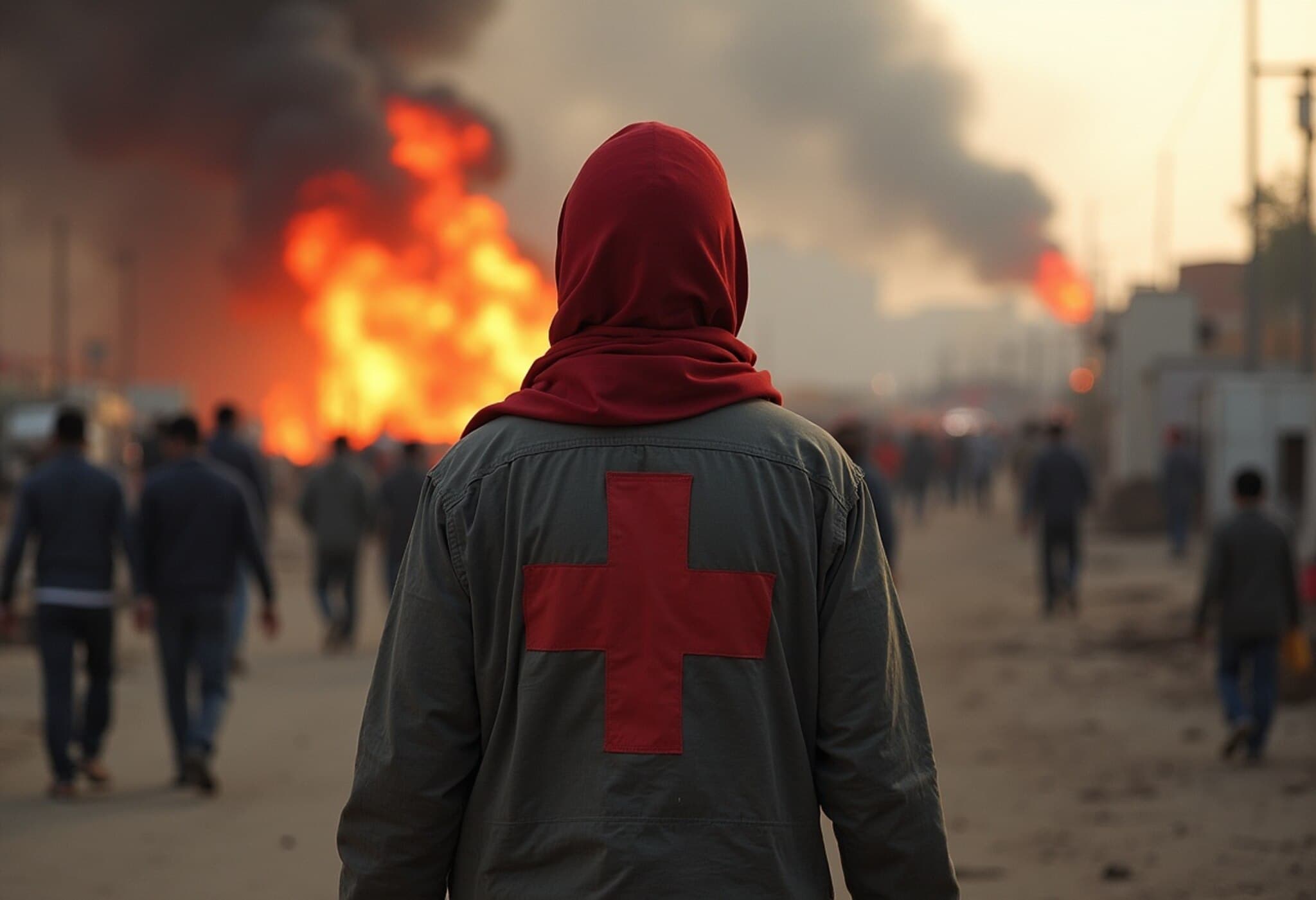One Year After Sheikh Hasina: Bangladesh Faces Turbulent Road Ahead
Bangladesh marked a year since the dramatic ousting of former Prime Minister Sheikh Hasina, an event that shook the nation and set its political landscape on an uncertain path. What began with a student-led revolt against Hasina’s extended 15-year rule spiraled into widespread unrest, leading to hundreds of casualties and her eventual exile in India. Nobel laureate Muhammad Yunus now heads the interim government with promises of reform and democratic renewal, yet the country still grapples with political deadlock, religious divides, and stalled progress.
From Hope to Hard Reality: The Turmoil Since Hasina’s Exit
In July 2024, massive protests erupted involving students and opposition groups determined to end what they perceived as authoritarian rule under Hasina. The violent demonstrations left a deep scar on Dhaka and other regions, with numerous deaths, including innocent bystanders and young protesters like Meherunnesa, whose tragic death following a stray bullet has become emblematic of the movement’s human toll.
The interim government led by Muhammad Yunus promised swift reforms: restoring public order, implementing electoral and constitutional changes, and ensuring credible elections. Although 11 reform committees were established, concrete progress remains elusive. Contentious debates over election timing — with the Bangladesh Nationalist Party (BNP) pressing for February polls and Yunus proposing April — exemplify the lingering political paralysis.
Political and Social Challenges Hampering Progress
- Persistent Political Deadlock: Rival parties continue to clash, with the Awami League banned and its supporters allegedly targeted through arbitrary detention and violence.
- Religious Polarization on the Rise: Islamist factions, such as Jamaat-e-Islami, have reemerged in the public arena, holding mass rallies and stirring concern about potential radicalization overshadowing moderate voices.
- Human Rights Concerns: While enforced disappearances have reportedly ceased, human rights groups report ongoing abuses against minorities and women, underlining the government's struggle to maintain rights protections.
- Delayed Electoral Reforms: Despite the formation of commissions aimed at national consensus, progress on electoral transparency and constitutional revisions is stagnant.
A Fragile Democracy at a Crossroads
The nation’s democratic experiment faces multiple headwinds. Political analyst Nazmul Ahsan Kalimullah warns that the resurgence of Islamist groups may serve as a catalyst for rising radicalization, challenging efforts to uphold liberal and secular governance. Meanwhile, the youth who once energized the protests have formed a political faction demanding deeper reforms and oppose any elections perceived as exclusionary.
Meenakshi Ganguly, deputy Asia director at Human Rights Watch, expresses concern about the interim government’s inability to fulfill the aspirations of those who risked their lives for change. "The hope of thousands who stood against Sheikh Hasina’s authoritarianism remains unfulfilled, as the government juggles an unreformed security apparatus and violent political rivalries," she observed.
Voices from the Ground: The Human Cost of Transition
The personal stories from families like Abdur Rahman Tarif’s underscore the profound costs of unrest. Tarif recalls losing his sister Meherunnesa to stray gunfire, expressing a yearning for a Bangladesh where safety, justice, and freedom of expression are realities, not just slogans.
Mosharraf Hossain, father of another protester, reflects a widespread sentiment: “It’s been over half a century since our independence, yet true freedom feels distant.” Such perspectives highlight the urgency for the interim government to rise above factionalism and deliver on transformative promises.
Looking Ahead: What’s Next for Bangladesh?
As August 5 marks the anniversary of Hasina’s departure, the interim government confronts a critical juncture. Will it manage to unify fractured political forces, curb the surge of extremist influences, and lay down the foundations for free and fair elections? Or will Bangladesh’s democratic ambitions be further delayed amid instability?
Experts suggest the international community and civil society play vital roles in supporting Bangladesh’s fragile transition. The path forward requires inclusive dialogue, firm commitments to human rights, and proactive measures to prevent further polarization.
Key Takeaways:
- Political stability remains fragile; dialogue across parties is urgently needed.
- Religious extremism rising; risks undermining secular democratic values.
- Human rights protections lag behind; vulnerable groups face ongoing abuses.
- Elections remain uncertain; credible timelines must balance inclusivity and political realities.
Editor’s Note
Bangladesh’s tumultuous transition following the exit of Sheikh Hasina reveals the complex interplay of political power struggles, societal divisions, and the quest for democratic governance. While the interim government’s challenges are formidable, the deep yearning among Bangladeshis for security, justice, and participatory politics cannot be ignored. Observers should watch closely how the government addresses religious polarization and human rights to sustain progress. Ultimately, meaningful reform demands not only political will but also broad-based national reconciliation. The coming months will prove decisive in determining whether Bangladesh’s hard-won hopes for democracy endure or falter.

